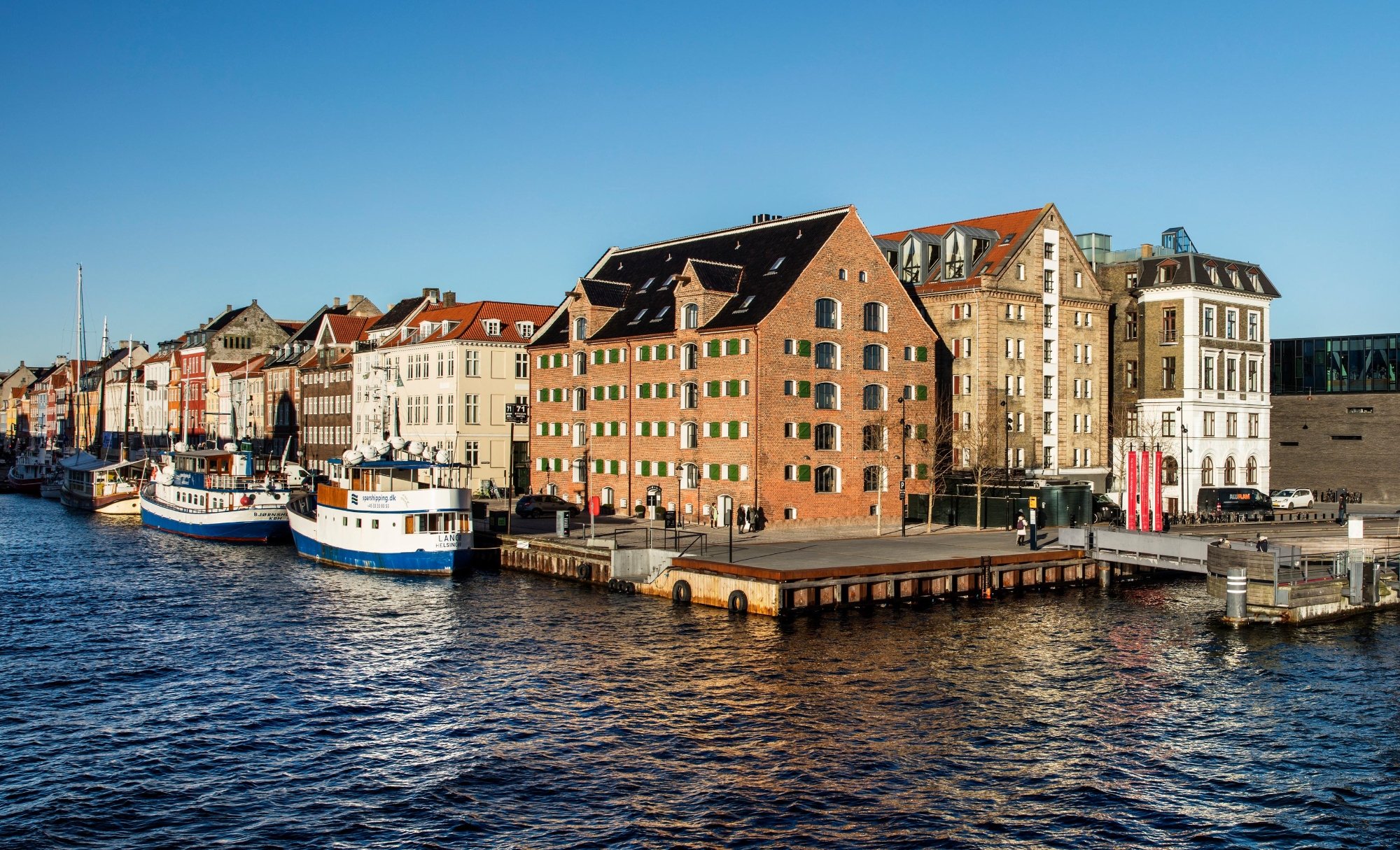The Importance of Denmark in Global Context
In recent decades, Denmark has emerged as a leading nation in sustainability, innovation, and social welfare.
The Nordic country is often cited as a model for environmentally-friendly policies, showcasing how a small nation can have a significant impact on global challenges. With its commitment to green energy, social equality, and extensive welfare systems, Denmark provides a relevant case study for countries worldwide seeking sustainable development.
Recent Developments in Sustainability
As of 2023, Denmark continues to make strides in its environmental objectives. The Danish government has pledged to cut carbon emissions by 70% by 2030 compared to 1990 levels, with a long-term goal to achieve carbon neutrality by 2050. This ambitious target has led to significant investments in wind energy, which accounted for 47% of Denmark’s total electricity consumption in 2022.
Furthermore, projects like the Copenhagen City Ring subway, set to complete in 2024, are not just about improving public transport but also about reducing traffic emissions and improving air quality. Denmark’s circular economy initiatives are also noteworthy, as they encourage waste reduction and maximize resources, allowing for a sustainable consumption model.
Innovation in Technology and Welfare
Denmark isn’t just a leader in environmental sustainability; its innovative approaches extend into technology and welfare systems. In terms of technology, Danish startups are flourishing in sectors ranging from green tech to information technology. According to a report by the Danish Business Authority, the tech startup scene in Denmark has shown a 35% increase in funding since 2020, proving that innovation is thriving.
Moreover, Denmark’s welfare system maintains a balance between high taxes and high-quality public services. This model has led to high levels of happiness among its citizens, consistently placing Denmark among the top in the World Happiness Report. Social experts view this as a vital aspect of building resilient communities that can adapt to new challenges.
Conclusion: The Significance of Denmark’s Example
Denmark stands as a beacon of hope in addressing contemporary global challenges such as climate change, inequality, and technological disruption. Its integrated approach to sustainability and innovation offers valuable lessons for other nations.
The challenges facing the world today require collective action, and the Danish model provides a promising framework for achieving sustainable growth and social equality. As more countries look towards Denmark as a model, the world could move closer to a healthier and more equitable future.


